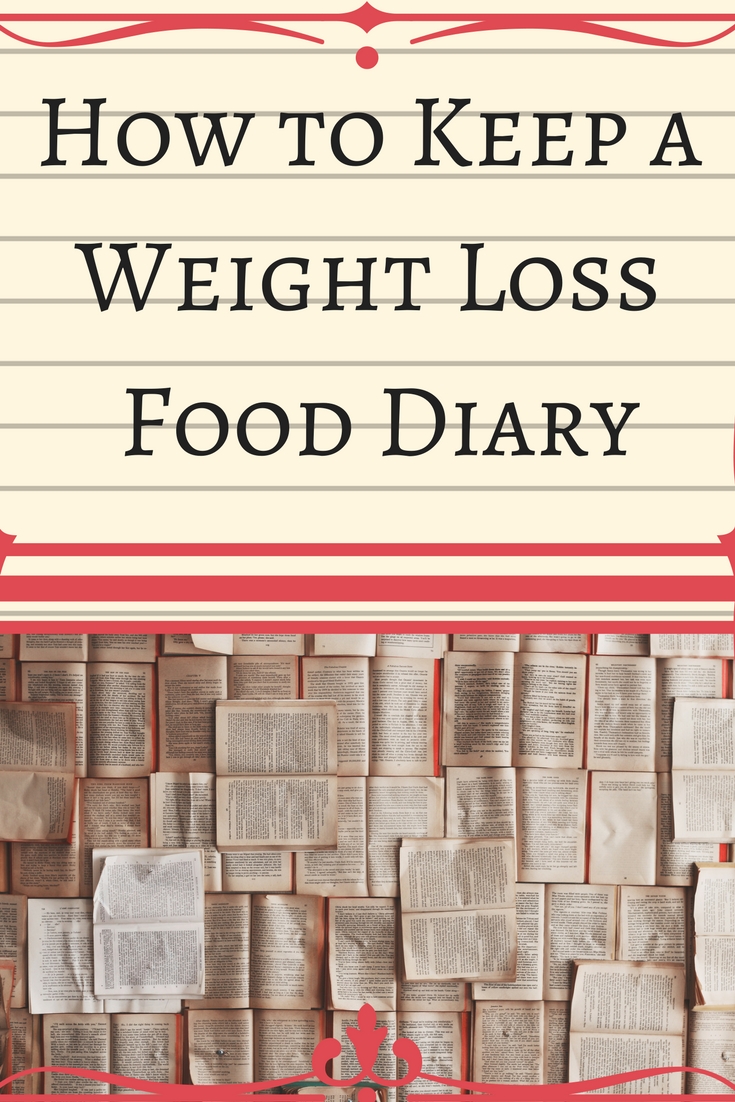In the quest for effective weight loss strategies, one tool has gained significant traction: the food diary. This method involves meticulously documenting daily food intake, serving as a mirror that reflects caloric consumption and nutritional choices. But how can a simple notebook or digital app catalyze substantial weight loss success? The answer lies in its multifaceted benefits and implications.
Firstly, recording what you eat promotes mindfulness. Many individuals, in their bustling lives, consume food without considering its caloric value or nutritional content. The act of writing down meals bolsters self-awareness, revealing unconscious eating patterns and serving as a catalyst for behavioral modification. For instance, one may discover a penchant for late-night snacks or sugary beverages. Recognizing these habits enables informed decision-making, steering dietary choices towards healthier options.
Moreover, a food diary can foster accountability. By committing to document every morsel, individuals are more likely to adhere to their dietary regimen. This accountability acts as a powerful motivator in environments rife with temptation. Sharing your food diary with a dietitian or a supportive community can amplify this effect, creating a network of encouragement that bolsters willpower in the face of dietary challenges.
In addition to personal insights and accountability, food diaries can illuminate nutritional gaps. One may realize, through systematic logging, that certain food groups are underrepresented in their diet, leading to deficiencies in vital vitamins and minerals. This knowledge empowers individuals to make holistic dietary adjustments, ensuring a balanced intake that supports overall health while also promoting weight loss.
The utility of a food diary extends beyond mere documentation. It can serve as a dynamic tool for goal setting. By analyzing patterns within the recorded data, individuals can identify trigger foods that lead to overeating and create strategies to combat these occurrences. Setting specific, measurable, attainable, relevant, and time-bound (SMART) goals based on this information enables a structured approach to weight loss.
Technology has further augmented the efficacy of food diaries with applications designed to streamline the tracking process. Many apps not only simplify logging but also provide nutritional analysis, making it easier to understand the caloric implications of various foods. Users can also access a community for motivation and recipe sharing, enhancing the overall experience and efficacy of weight loss endeavors.
In summation, a food diary can serve as an invaluable instrument on the path to weight loss success. By fostering mindfulness, enhancing accountability, revealing nutritional deficiencies, and promoting informed goal setting, this practice empowers individuals to take control of their health. As more people recognize its potential, the food diary is likely to remain a staple in the arsenal of weight management strategies.
